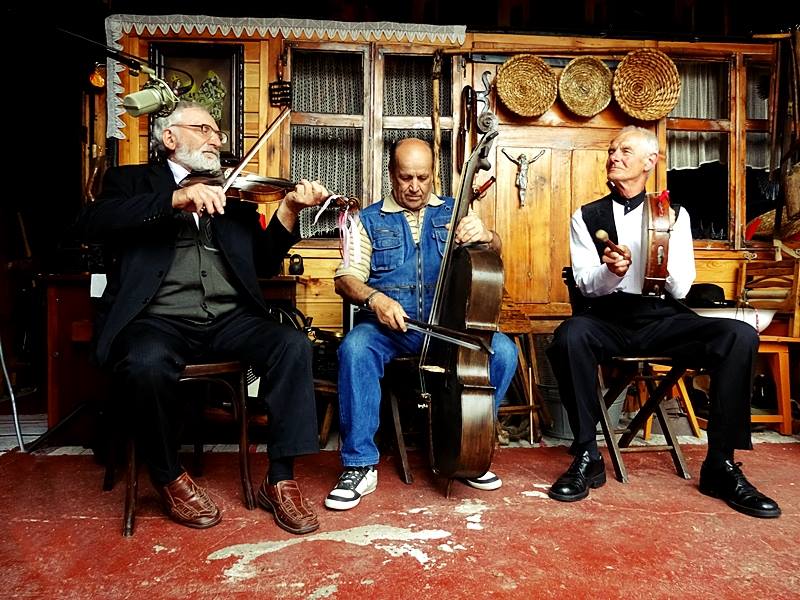‘Musical Traditions’ is a blog dedicated to the music connected with the year-round rituals and other manifestations of traditional music in culture, arts and society in Poland.
In traditional communities, music was heard during the most significant moments of people’s lives: it alleviated the burden of hard work and helped to relax or engage in pleasurable activities. As a key component of a variety of rituals, it also facilitated the explanation and understanding of the world, its complexities and challenges.
Traditions change and, sadly, they sometimes disappear altogether. This blog does not aspire to become an encyclopaedic overview of all the multiple folkloristic phenomena, from A to Z (from apocope to Żandarów); rather, it strives to educate about the beauty, power, variety and meaning of selected rituals, customs and musical behaviours and thus inspire the reader to further pursue the topic he or she finds interesting.
The author and editor of the blog, Ewelina Grygier – musician and ethnomusicologist, graduated from the Department of Musicology and the Department of Ethnology and Cultural Anthropology, Adam Mickiewicz University; she also completed doctorate studies at the Institute of Art, Polish Academy of Sciences (Polska Akademia Nauk). In her professional life, she worked for the Institute of Art (Phonographic Collection) with the project ‘Hear the Dance’ (‘Usłyszeć Taniec’). She regularly writes for the Ruch Muzyczny and the Pismo Folkowe (where she has her own column ‘Etnolektura’ or ‘Ethnoreading’). Since 2017, she has been in charge of ‘Musical Traditions’, a blog managed by the Institute of Music and Dance. During the World Music Expo WOMEX 2017, she conducted the workshop ‘Krytyka muzyczna 2.0 – World Music’, part of the ‘Krytyka muzyczna 2.0’ programme run by the Institute of Music and Dance.

Jan Kępa Ensemble from Bobrowiec, Rzeczyca Commune. July 2015. Sierzchowy, photo by E. Grygier



